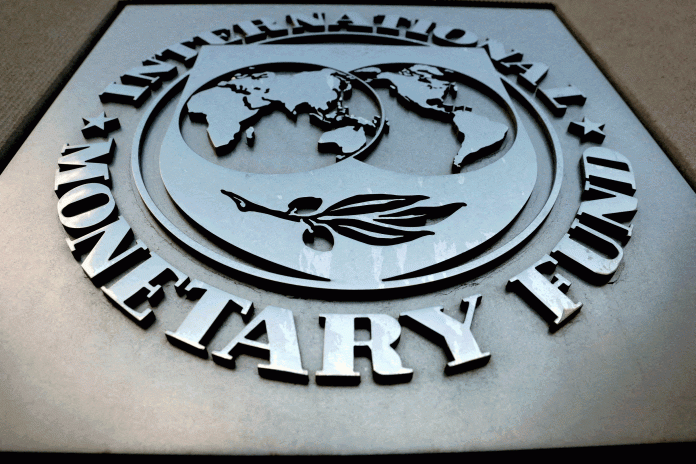The International Monetary Fund Calls for the Removal of Implicit Fuel and Electricity Subsidies in Nigeria
In a recent report, the International Monetary Fund (IMF) cautioned the Nigerian government against the continuation of implicit fuel and electricity subsidies. The IMF projected that these subsidies would consume three percent of the nation’s Gross Domestic Product (GDP) in 2024, compared to one percent in the previous year.
The report acknowledged the Federal Government’s efforts in phasing out “costly and regressive energy subsidies,” emphasizing the importance of creating fiscal space for development spending and bolstering social protection while ensuring debt sustainability.
While President Bola Tinubu’s administration eliminated fuel subsidies during his inauguration in May 2023, the IMF noted concerns over the adequacy of compensatory measures for the poor, citing corruption issues and the reintroduction of implicit subsidies by capping pump prices below cost by the end of 2023.
Furthermore, the IMF highlighted a significant increase in electricity prices for high-use premium consumers on Band A feeders, constituting 15 percent of the total 12 million customers and accounting for 40 percent of electricity usage. Amidst calls for tariff reversal, the IMF suggested that adjusting tariffs could reduce subsidy expenditure by 0.1 percent of GDP while continuing to provide relief to the poor, especially in rural areas.
Analysis by NewsAnalytrics
The IMF’s call for the removal of implicit fuel and electricity subsidies in Nigeria underscores the economic challenges facing the country. Here are some key points of analysis:
- Fiscal Sustainability: Implicit subsidies strain government finances by diverting funds that could otherwise be allocated to critical sectors such as infrastructure, healthcare, and education. By urging the removal of these subsidies, the IMF emphasizes the importance of fiscal responsibility and prudent budget management.
- Social Impact: While subsidy removal may lead to short-term price increases for consumers, it can also create fiscal space for targeted social programs aimed at supporting the most vulnerable segments of society. However, the effectiveness of compensatory measures is crucial to mitigate the potential adverse effects on low-income households.
- Corruption Concerns: The IMF’s mention of corruption concerns surrounding compensatory measures highlights the need for transparent and accountable governance structures. Any measures aimed at alleviating the impact of subsidy removal must be implemented efficiently to prevent misallocation of resources and ensure equitable distribution.
- Electricity Sector Reform: The IMF’s recommendation to adjust electricity tariffs reflects ongoing efforts to reform Nigeria’s power sector. While tariff adjustments may lead to short-term challenges, such as increased costs for consumers, they are essential for addressing inefficiencies and attracting private investment to improve the reliability and affordability of electricity supply.
- Balancing Economic Objectives: Nigeria faces the challenge of balancing economic objectives such as inflation control, exchange rate stability, and poverty alleviation. The IMF’s analysis underscores the need for a comprehensive approach that considers the interplay between macroeconomic policies and social welfare programs to achieve sustainable and inclusive growth.
Overall, the IMF’s recommendations highlight the importance of structural reforms in Nigeria’s energy sector and broader economy to address long-standing challenges and promote economic resilience and development.


